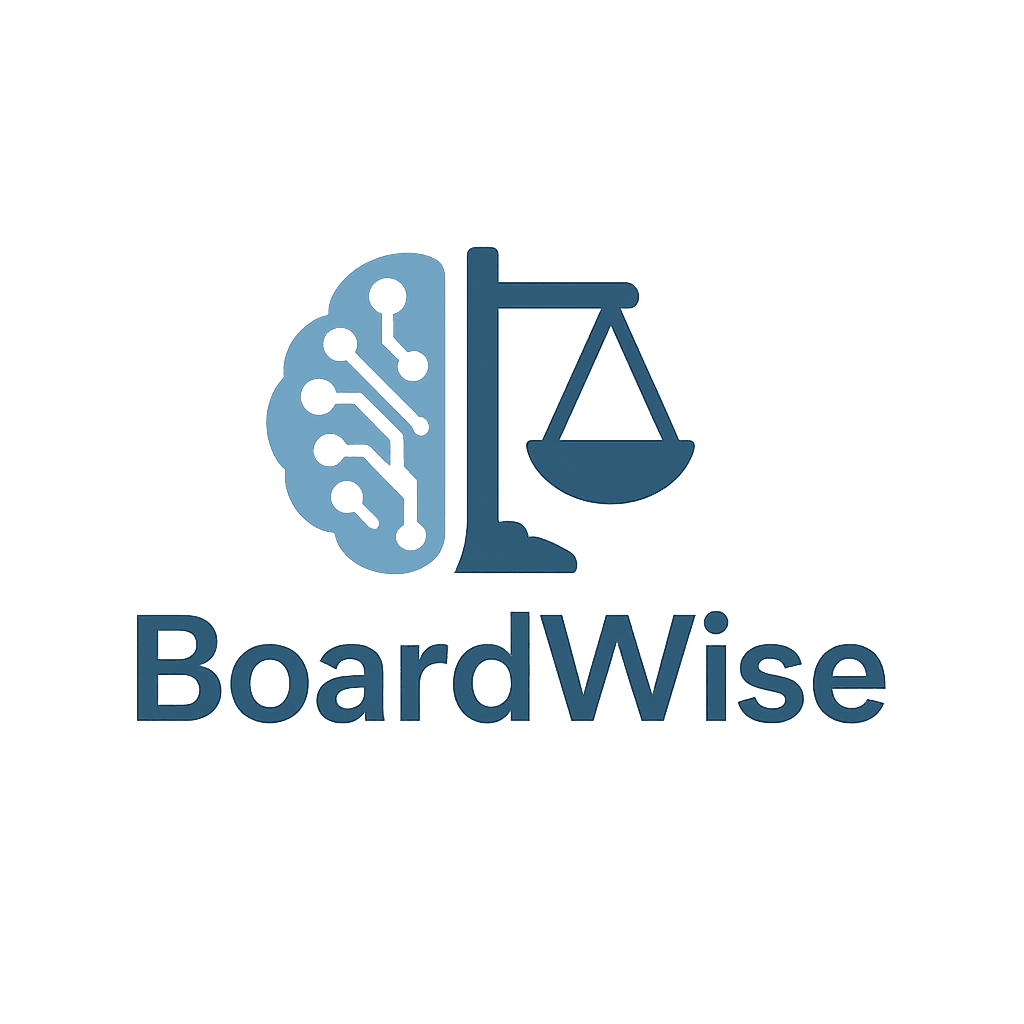Maine's AI Task Force Charts a Future BoardWise Is Already Building
Matt
Founder of BoardWise

Last week, the Governor's Artificial Intelligence Task Force released its draft recommendations—a forward-looking plan to make Maine a national leader in responsible, home-grown AI. The report emphasizes collaboration among universities, state agencies, entrepreneurs, and communities to ensure that artificial intelligence strengthens public trust rather than undermines it.
For BoardWise, these recommendations land close to home. Our mission has always been to apply ethical, privacy-preserving AI to one of the government's most human functions: professional licensing and administrative justice. The Task Force calls for the very partnerships we have already begun proposing with the University of Maine School of Law and the Maine Technology Institute.
The draft report proposes a statewide "AI Public Innovation Hub" housed within Maine's higher-education system to pilot and evaluate civic technologies in partnership with state agencies (Governor's Artificial Intelligence Task Force, 2025). That concept mirrors our proposal for a Maine Access-to-Justice Technology Lab, a space where researchers, lawyers, technologists, and policymakers can test zero-data-retention tools that make regulatory processes fairer and more efficient.
Equally significant, the Task Force highlights entrepreneurship as a pillar of Maine's AI economy, recommending that the state expand MTI and MERC programs to lower barriers for startups developing responsible AI solutions (Governor's Artificial Intelligence Task Force, 2025). BoardWise was founded on that same principle: innovation rooted in integrity and accessibility.
Across its draft, the Task Force outlines actions that align directly with our platform's design. It urges Maine to strengthen cybersecurity, promote privacy-by-design standards, and integrate AI literacy across the workforce and education systems. These priorities echo the safeguards built into BoardWise's architecture—tools that disappear after each session, ensuring professionals can seek guidance without risking exposure of sensitive data.
Outside observers agree that civic-minded AI initiatives are vital. The Brookings Institution (West, 2024) recently noted that state governments "hold the keys to ethical AI adoption" because they can model transparency and fairness at scale. Likewise, the National Conference of State Legislatures (2025) identified administrative and licensing systems as "early proving grounds" for AI governance. Maine's draft roadmap, therefore, doesn't just validate our approach; it invites us to help implement it.
As the Task Force prepares its final report in October 2025, Maine stands on the brink of defining what responsible AI looks like in public service. BoardWise is ready to contribute—showing that when innovation starts with empathy, technology can make justice more human, not less.
Join Maine's AI Future
BoardWise is building the responsible AI tools that Maine's Task Force envisions. With privacy-preserving technology and zero data retention, we're making professional licensing defense accessible to all.
Get Started with BoardWiseReferences
Brookings Institution. (2024, June 14). State governments and the new ethics of artificial intelligence. https://www.brookings.edu
Governor's Artificial Intelligence Task Force. (2025, September 29). Maine AI Task Force draft recommendations for public comment. State of Maine. https://www.maine.gov/future/artificial-intelligence-task-force
National Conference of State Legislatures. (2025, March 3). Artificial intelligence policy trends in U.S. states. https://www.ncsl.org
West, D. M. (2024). Governing AI: State and local strategies for ethical innovation. Brookings Press.
